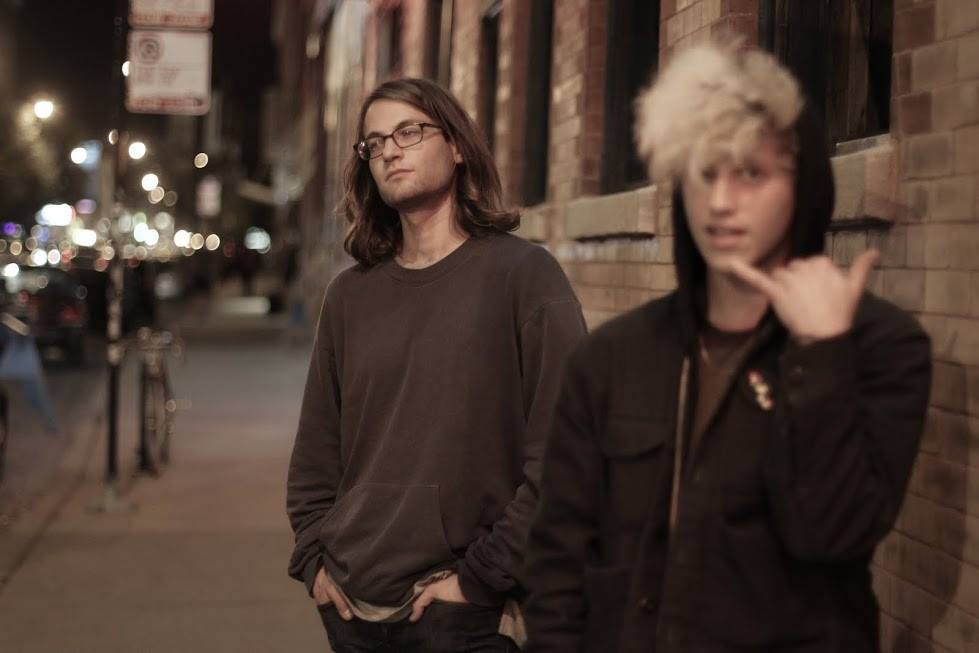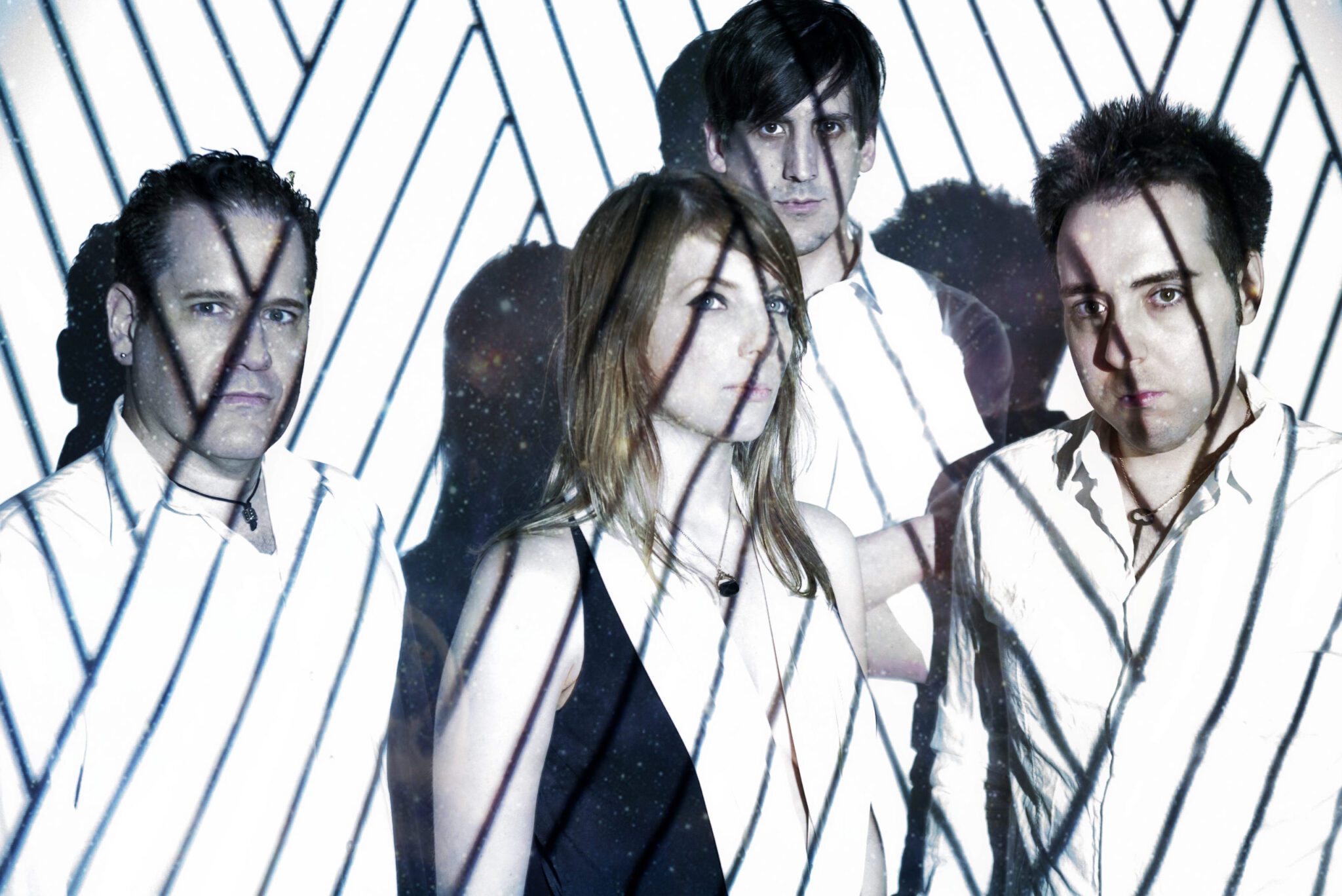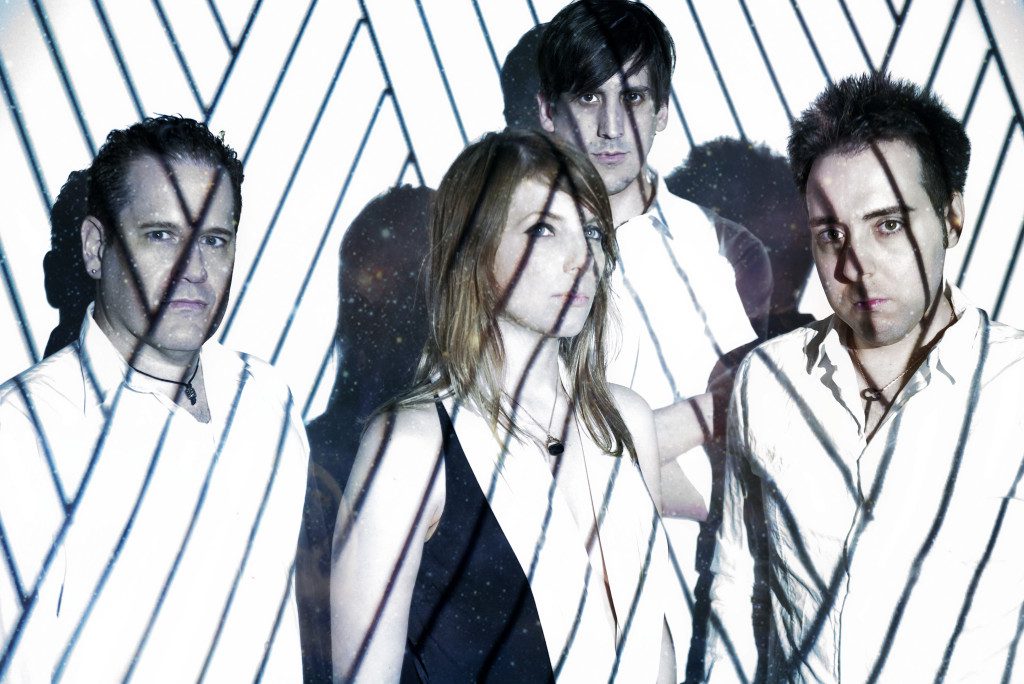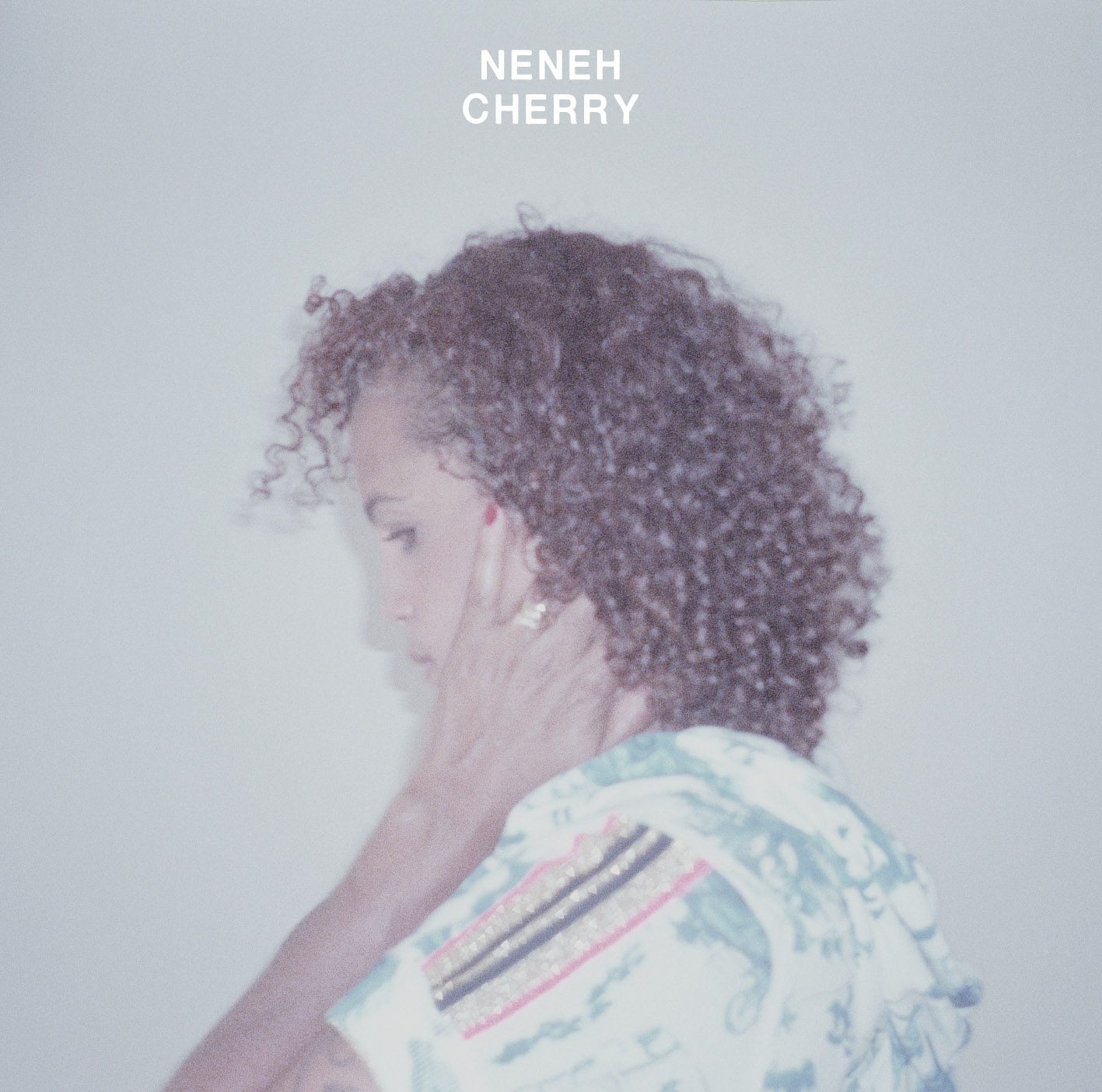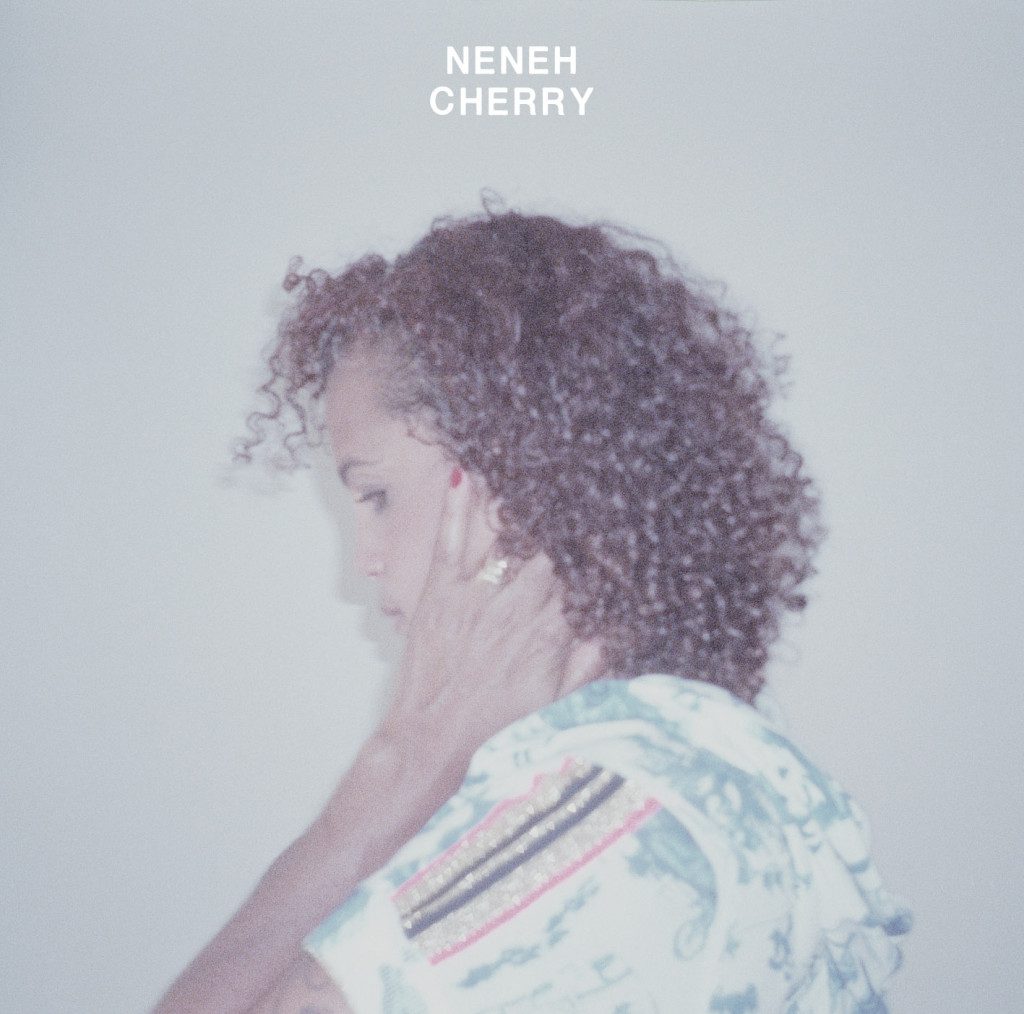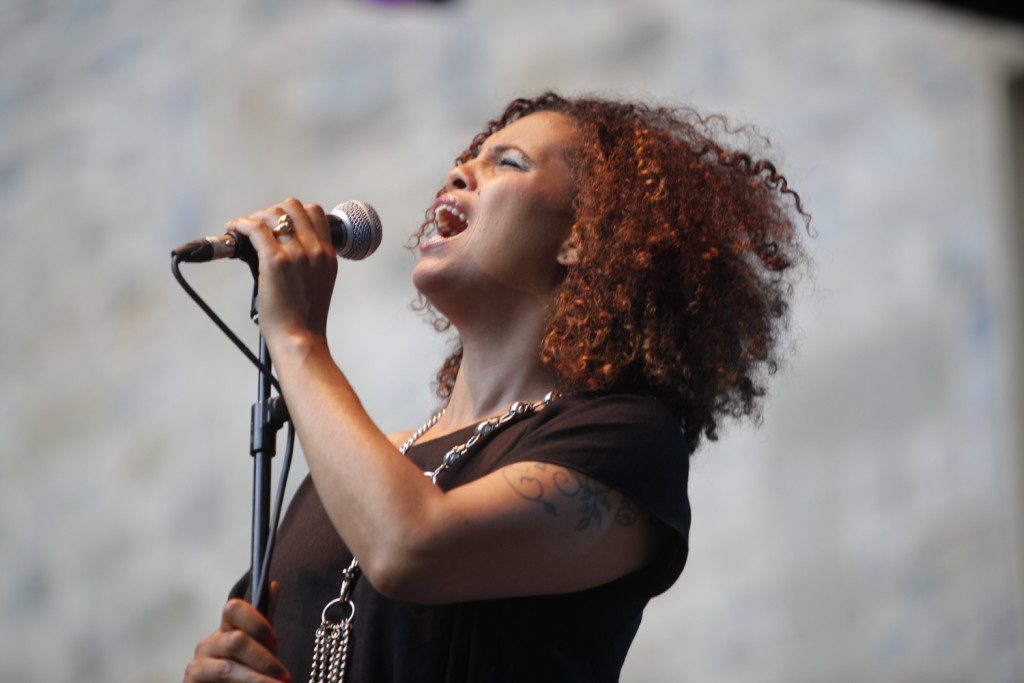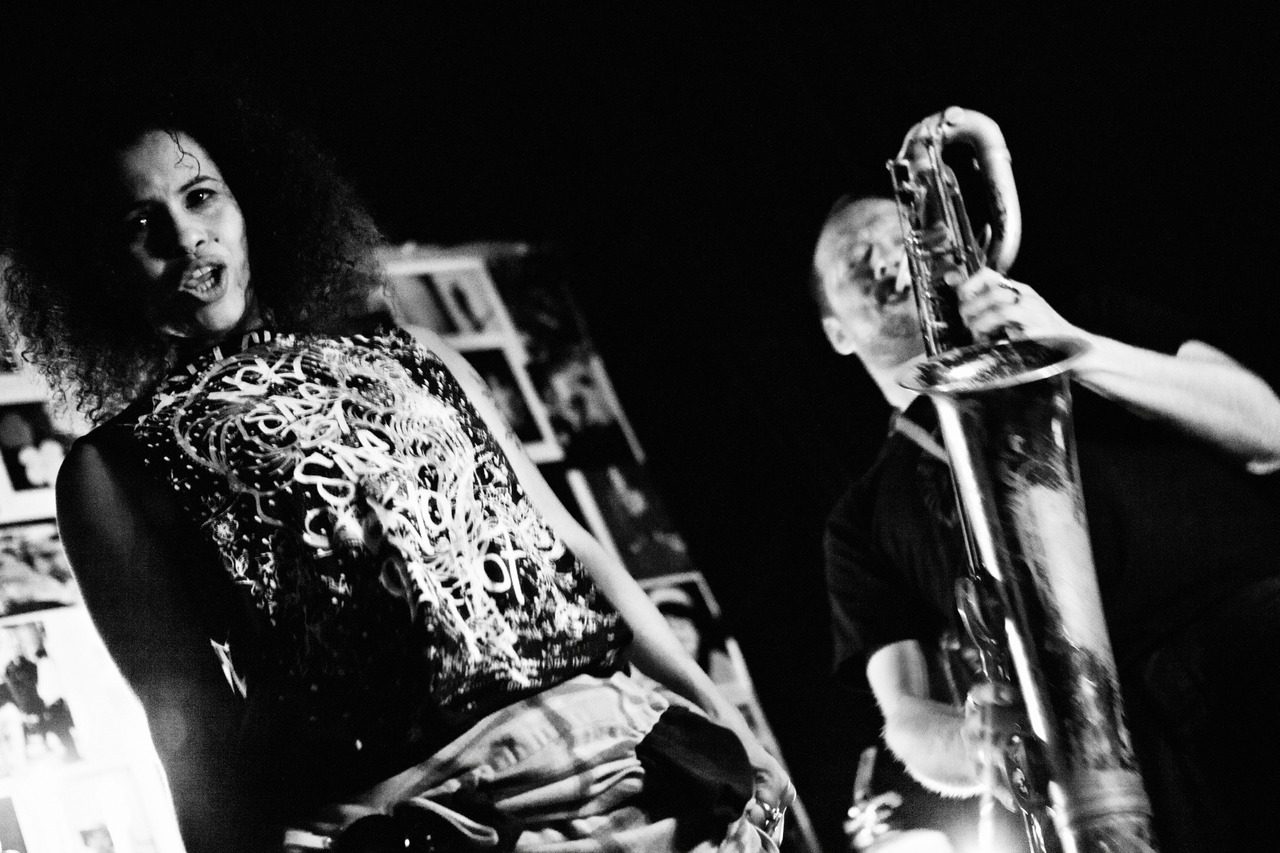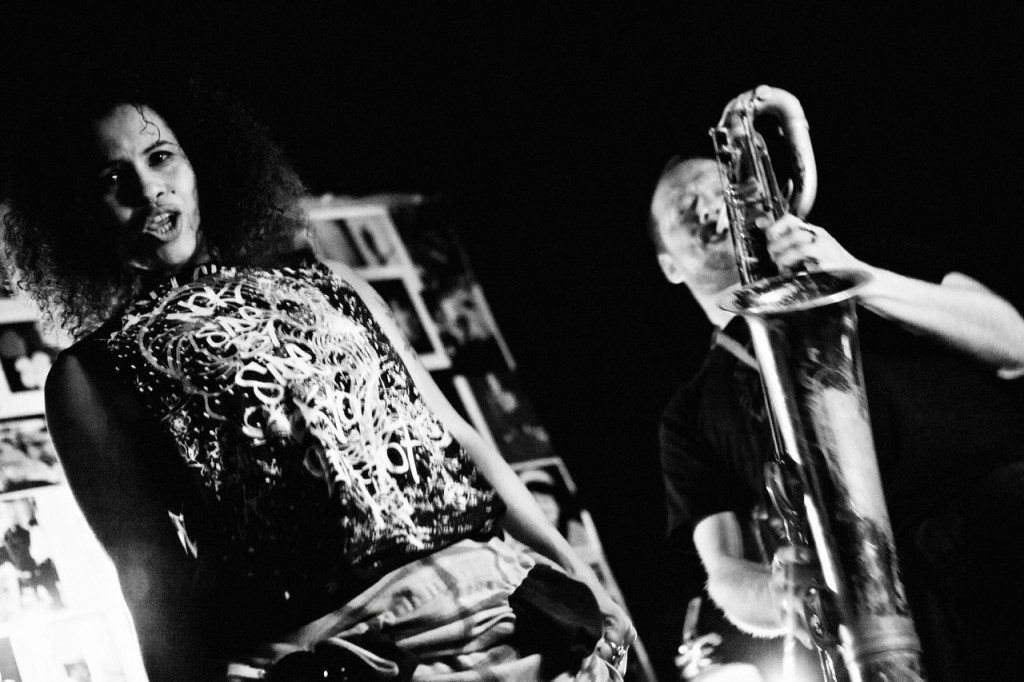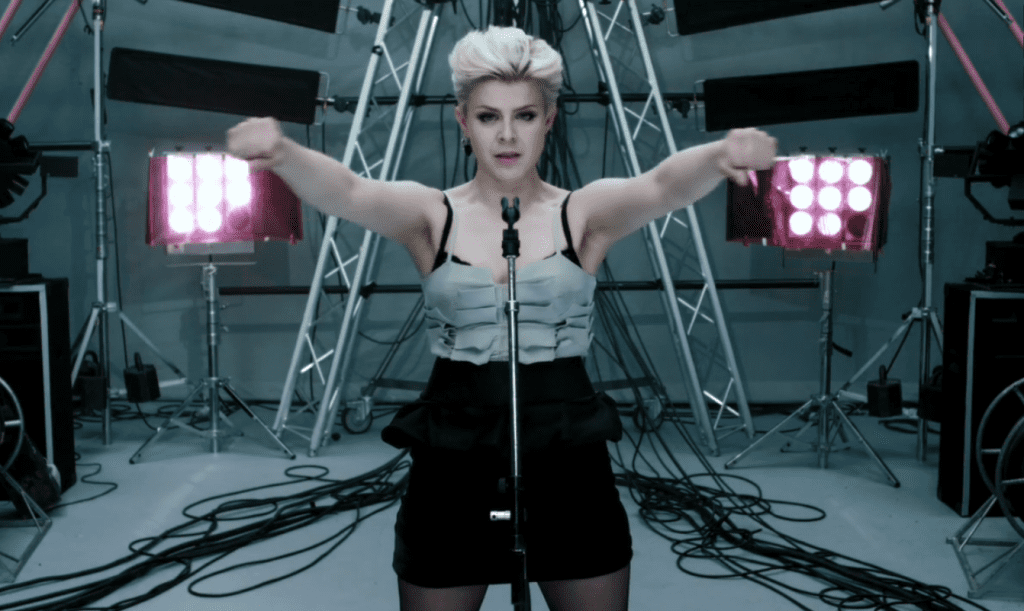Erika de Casier Sharpens Signature Sound on Sophomore LP Sensational

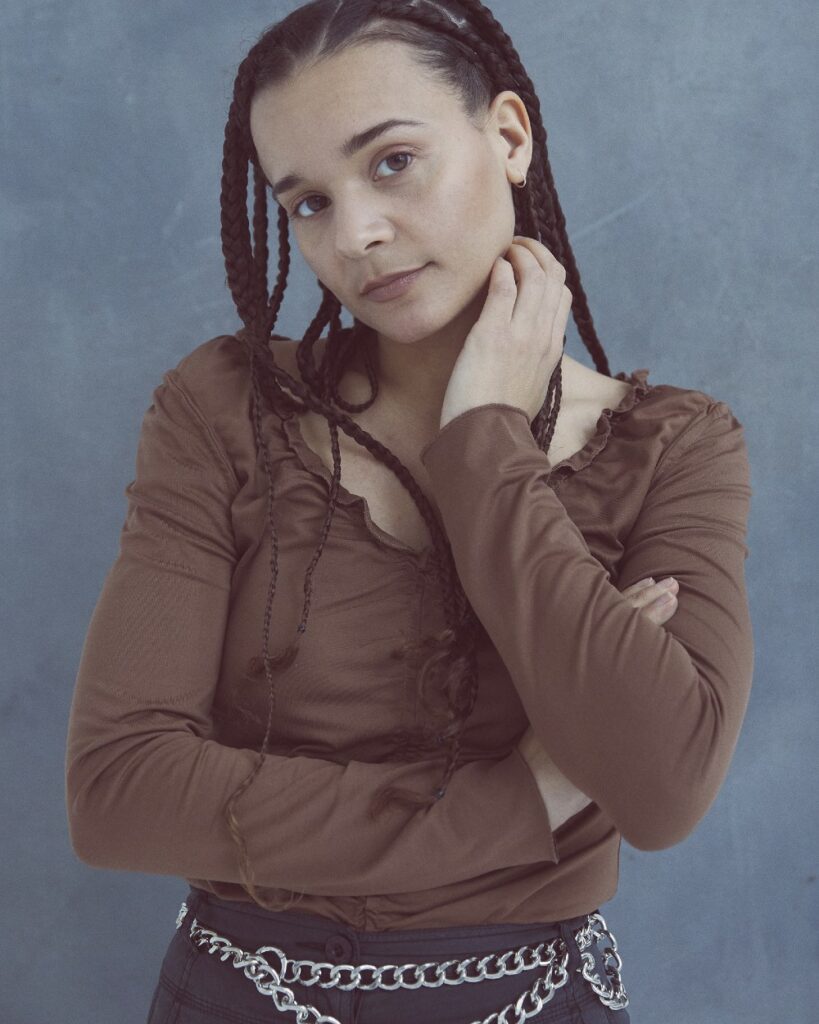
Erika de Casier spent part of the last year like most of the rest of us – bottling kombucha, making sourdough bread, watching a shit ton of movies and spending a lot of time on her phone. But the other part was spent doing something most people struggle to do – putting feelings of heartbreak, transience and solitude into words and music and bringing a new meaning to the phrase “party of one.” The Copenhagen-based producer and songwriter’s sophomore record, Sensational, glimmers with honesty and danceability and finds de Casier asserting her needs with poise and a tight beat.
de Casier spent the earlier part of the pandemic in a relatable state of existential and literal dread. Between constantly watching Covid-19 numbers rise and experimenting with lacto fermentation, she says that she struggled to find meaning in making music. “Writing songs felt really meaningless,” she remembers. “And then, at some point I realized that it’s the only thing that gives me meaning now… you can escape a little with music. You can still make a song about going to a party with it having a meaning because it means something different for us now to be able to be together.” de Casier’s music, which fuses gentle vocals with R&B chords and UK garage beats, feels like the perfect soundtrack to dancing alone in your kitchen, longing for the days when leaning up against a sweaty body wouldn’t give you a panic attack.
She encapsulates this loneliness in her video for “Drama,” which follows her on the rollercoaster ride that accompanies complete solitude. It starts with the quintessential “dress up to go nowhere” routine, followed by a luxurious bubble bath and thirst trap selfies, then ends at risky texts and regret. de Casier perfectly describes the aftermath of this specific kind of emotional bender in the chorus when she sings, “I wrote you twice last night/Wish I could press rewind/Take back whatever I said/But I can’t do that/Thought it was going so well/Now I don’t even know.” She balances remorse with levity when she admits her tendency to lean towards the theatrical side of things. “I don’t mean to cause any drama, it’s just somehow, it always gets me.” In fact, de Casier blends self-awareness and irony so well, it’s hard to tell which one is which. Or maybe it’s both, and that’s what makes it so good?
That duality characterizes Sensational, where de Casier glides from wanting a no-strings-attached romance in “Someone to Chill With” and thinking about a lost flame on “Secretly.” But just like in “Drama,” no one feeling is truer than the other. You can miss someone and still want to explore other people and feelings. You can be an R&B singer with a soft voice and proclivity for trip-hop. It’s what makes de Casier’s music so loveable and so her. She explains that it took some time to reach this signature sound.
She describes her early recordings as “artsy” and “soundscape-y” with little to no vocals. “I convinced myself that was a choice but, really, I couldn’t make a beat if I wanted to,” she says, followed by a laugh. Feeling limited by what YouTube University had to offer, de Casier enrolled in an electronic music program where she was able to grow her skillset as a producer. She was simultaneously acting as the main vocalist and songwriter for the project Saint Cava, which she started with her friend Andreas Vasegaard. Performing with Saint Cava allowed de Casier to start producing solo tracks on her own, free from pressure. “That’s when I wrote ‘Puppy Love’ and it just made me so happy,” she remembers. “I felt it was completely me.”
But even feelings of euphoria can be interrupted by the dark cloud of imposter syndrome, which is what happened to de Casier. She felt self-conscious about producing because she was surrounded by producers – Vasegaard and her long time friend Natal Zaks – who she saw as way ahead of her skill-wise. “I compared myself a lot with them, like, ‘Why even bother when there are other people who are so talented?’” But her search for the sound that felt right for her inevitably broke down that mental barrier and led her to produce her debut album, Essentials. “I think I reached a point where I actually had this style that I didn’t get from any producers I was working with,” she says.
If Essentials was de Casier’s first major foray into producing, it’s clear she has a well of talent to dip into, and Sensational proves that. She stays true to the base that she created in her first record while adding layers of more live-sounding instruments and experimenting with genre. “I think what changed is maybe… with Essentials, I didn’t really know what I was doing, I was just having fun with it,” she says. “Now, I feel like, okay, that went well, so I’ll keep doing that I guess.”
Follow Erika de Casier on Instagram and Facebook for ongoing updates.


 It’s been a while since we’ve checked in with our favorite cosmic trip-hop duo
It’s been a while since we’ve checked in with our favorite cosmic trip-hop duo 

